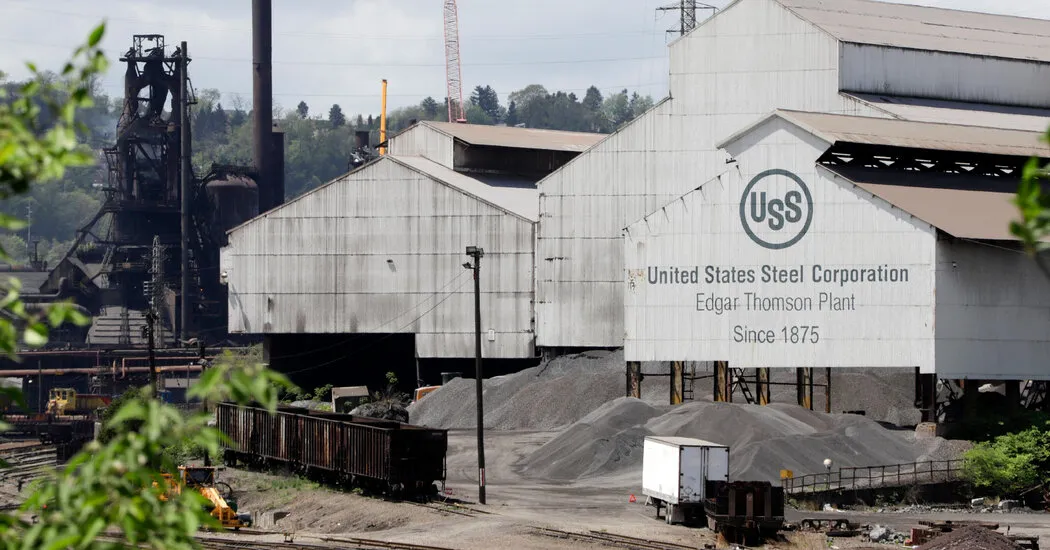Mergers and Acquisitions: How Politics and the Election Are Impacting U.S. Foreign Policy and Steel Companies

Mergers and Acquisitions: The Role of Politics
The evolving landscape of mergers and acquisitions is increasingly impacted by politics and elections. As companies like Nippon Steel attempt to expand through significant deals, they must consider the broader implications of U.S. foreign policy and domestic political trends.
The $15 Billion Deal at Stake
Nippon Steel's proposed $15 billion acquisition of U.S. Steel is emblematic of the challenges facing international business transactions in the current political environment. Joe Biden's administration is weighing the national interests that such a deal might affect, especially in an election year.
- U.S. foreign policy: Key in evaluating international mergers.
- Political Landscape: Swing-state dynamics can alter corporate strategies.
- Steel industry trends: Monitoring developments in global steel markets.
Implications for Companies
The potential blockage of this acquisition could signal shifts in how international companies approach U.S. markets. Companies must remain agile as politics plays a critical role in shaping opportunities and challenges that affect their operational strategies.
For more insights on the interplay between politics and business strategy, visit our detailed articles on related trends.
This article was prepared using information from open sources in accordance with the principles of Ethical Policy. The editorial team is not responsible for absolute accuracy, as it relies on data from the sources referenced.